Sex and the City reboot: a Gen X vs. Gen Z critique of And Just Like That
The 90s escapism and excess of the original Sex and the City has given way to cultural appropriation, grey hair and hearing aids. From ‘cringe-worthy’ to ‘wallopingly sad’, two generations give very different verdicts.
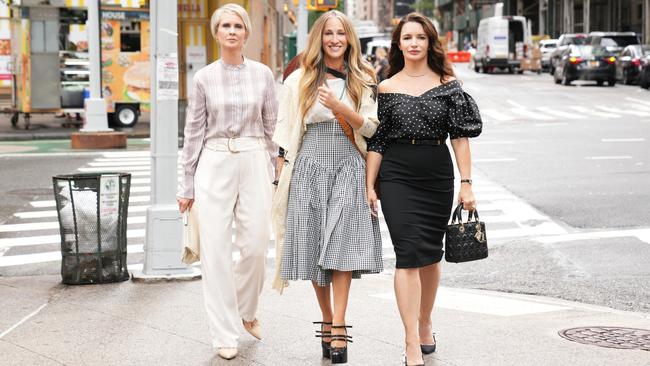
GEN X: Megan Lehmann lived in New York during the time the original Sex and the City series was filmed.
Growing old hurts, and not just in the lumbar spine. There’s a particular soul ache that anyone over 50 knows; sometimes it’s a twinge, sometimes a walloping sorrow. It’s the yearning for gone-forever youth, and I did not expect to have this tender spot prodded when tuning into Thursday night’s sequel to the frothy and beloved fin de siecle comedy Sex and the City.

The much-anticipated reboot, And Just Like That, has the foreseeable quips about grey hair and hearing aids. I expected to minutely examine the foreheads of middle-aged Carrie Bradshaw and Co. for wrinkles, and laugh ruefully at their experience of ageing. Probably pine a bit for a city I loved and lived in for exactly the duration of the original show.
What I didn’t see coming was this new mood of raw grief and uncertainty, a fundamental world-weariness entirely absent from the starry-eyed original, which ran from 1998 to 2004. The 2021 iteration – at least what has screened so far – is as funny as a heart attack. Which makes sense. It’s almost two decades since the final season of Sex and the City aired and somewhere in there, the world became a more serious place. The show is right to acknowledge it.
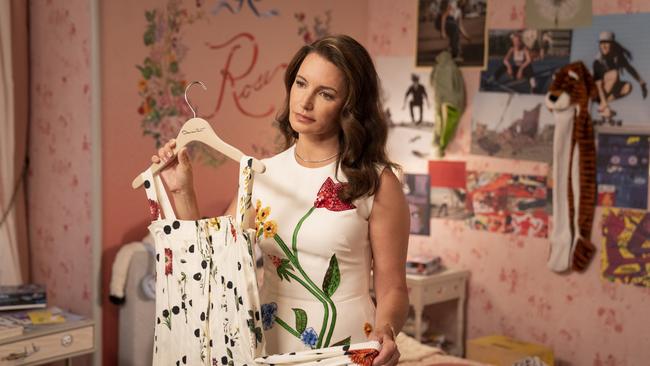
The original was a fairytale of beautiful-people New York, an escapist, aspirational fantasy of fashionable glamour dens and calculated cool. Carrie kicked off that series by calling the era “the age of un-innocence” which now seems charmingly naive. You call that “un-innocent”? The ghost of SamanthaJones – who famously didn’t make it into the reboot – is somewhere shaking her head: “Oh, honey”.
Sex and the City somehow managed to skate across the horrors of 9/11 – America’s under attack, everybody shop! – but life for many has only grown more sombre since. The testing truths of our new reality, which now includes a global pandemic, sit uneasily alongside the materialistic excess and deplorable self-absorption that branded the original.
I realised, somewhere in the midst of the unexpected heartbreak of the second episode, that the tender spot this sequel prodded was not my own long-lost youth at all. We’re all getting older. It’s fine. There is plenty of upside.
The thing about the sequel that really packed a wallop was realising just how much the world we live in has changed.
GEN Z: Ellie Dudley watched the SATC boxed set as a teen, years after it first went to air.
When I was a teenager I borrowed the DVD box set of Sex and the City from a friend’s mum, and watched the whole show from my bedroom in secret.
My tiny, susceptible mind was transported to the world of 90s New York. I marvelled at the 30-year-old women dashing from cocktail bar to cocktail bar, adorned in only the most exclusive outfits.
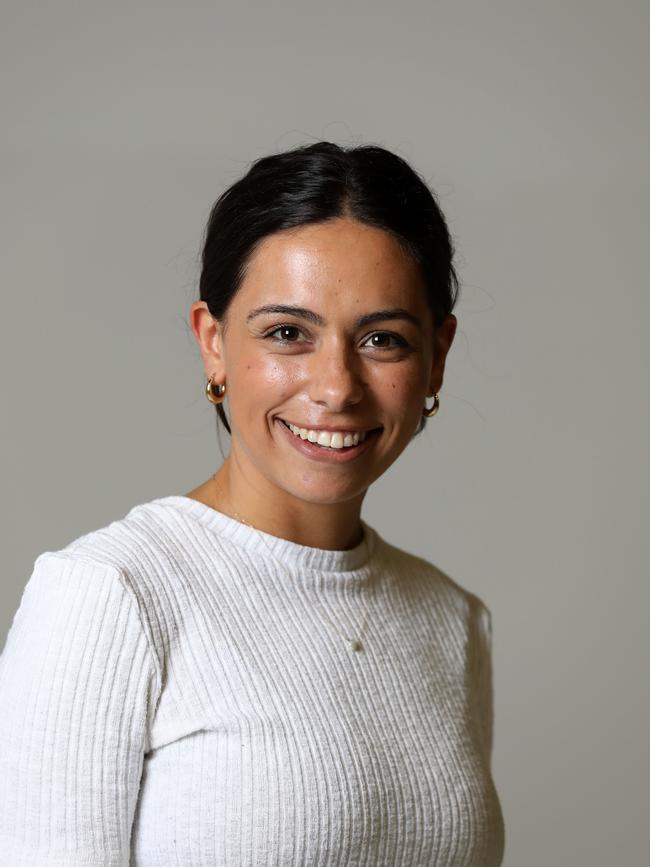
That’s what Sex and the City was to me: an aspirational lifestyle a chubby 15-year-old living in the suburbs of Sydney could only hope to one day attain.
The new reboot is the antithesis of that.
Gone is my jealousy for these women. Gone is my desire to move to the US. Gone are my dreams of ending up with my own Mr Big.
Why? Because And Just Like That doesn’t toe the line between reality and fantasy the way the original series did.
Instead, it’s rooted in the deep actuality of 2021 that I don’t want to see in a show that was purely escapism to me.
I don’t want to see Carrie on Instagram. I don’t want to hear Miranda talking about cultural appropriation. It’s too close to home. Make it go away.
Back in January, Sarah-Jessica Parker told Vanity Fair the show’s writers would infuse the series with new “life experience, political world views, and social world views.”
We saw that through the inclusion of Covid-19 right from the very first line.
“Remember when we legally had to stand six-feet apart,” Carrie says, as she pushes through a crowded restaurant.
“Yeah, I miss it,” Miranda replies.
The original series was basically a make-believe world set on the streets of New York.
The bizarre decision to reference Covid-19 from the get-go reminded me of a very real virus that has not only plagued millions of people, but our social dialogue as well. Why are the writers integrating parts of real-life that most people are trying incredibly hard to forget?
Carrie, Miranda and Charlotte – with Samantha noticeably absent – are then seated for lunch.
Miranda whines about stepping on her teenage son’s condom. Charlotte berates Miranda about the decision to grey gracefully. Carrie films content for social media.
Carrie Bradshaw? Using modern technology? Unheard of.
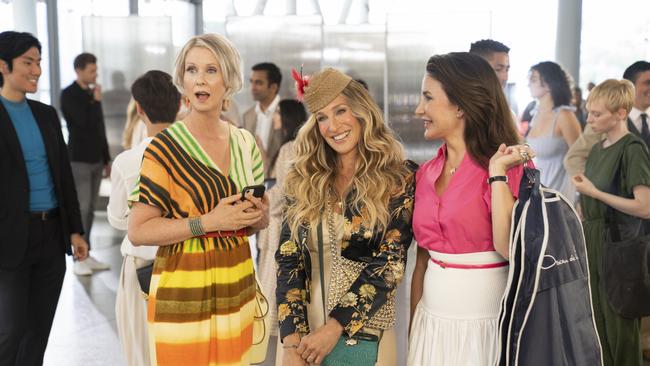
The group is interrupted when a friend of Charlotte’s arrives at the table.
“Oh my god, who ordered French fries?” Lisa Todd Wexley exclaims as she gawks at a moderately-sized bowl of chips.
“I’d have to know you a lot longer before I confessed that,” Carrie replies.
No. Please, no. I don’t need to hear these characters talk about how hard it is to keep the kilos off at their age.
Sure, the young women I know from earlier episodes wouldn’t have steered clear of body image issues entirely, but they would have intelligently unpacked them, while working hard to build one another up.
Watching four adult women giggle about the dangers of one greasy French fry made me roll my eyes so far into the back of my head that I could see my brain cells dying one by one.
We then discover Carrie has all but given up her job as a journalist and instead is employed at “X, Y and Me, the podcast that talks about gender roles, sexual roles and cinnamon rolls” (cringe).
An episode about women “jerkin’ it on the subway” inspires Carrie to return home and ask Big to masturbate for her – an obvious attempt from the writers to include the sexually explorative scenes viewers are used to from original series.
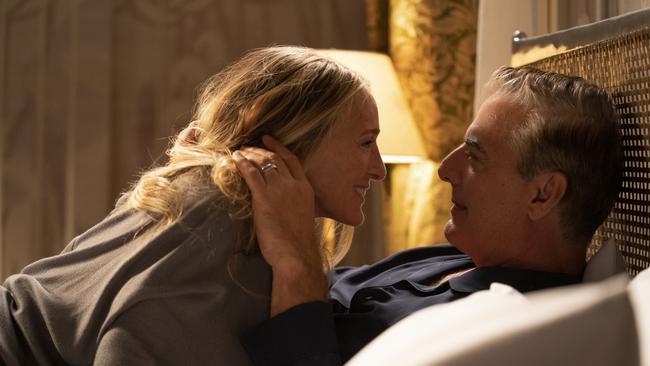
But it was not sexy. It was not glamorous. It was definitely not aspirational.
The bottom line is this: This reboot was not made for me.
The new episodes are targeted at viewers who are ageing alongside the women and therefore experiencing the same struggles; who understand what it’s like to sneak a bottle of wine into a child’s piano recital.
So, while I’m disappointed that I wasn’t fed the attractive narrative of a glitzy New York paradise, I’m hopeful the reboot rings true and relevant for some.
Even if it doesn’t – and I’m clutching at straws here – at least we all got to see three of our four favourite women reunited one last time.

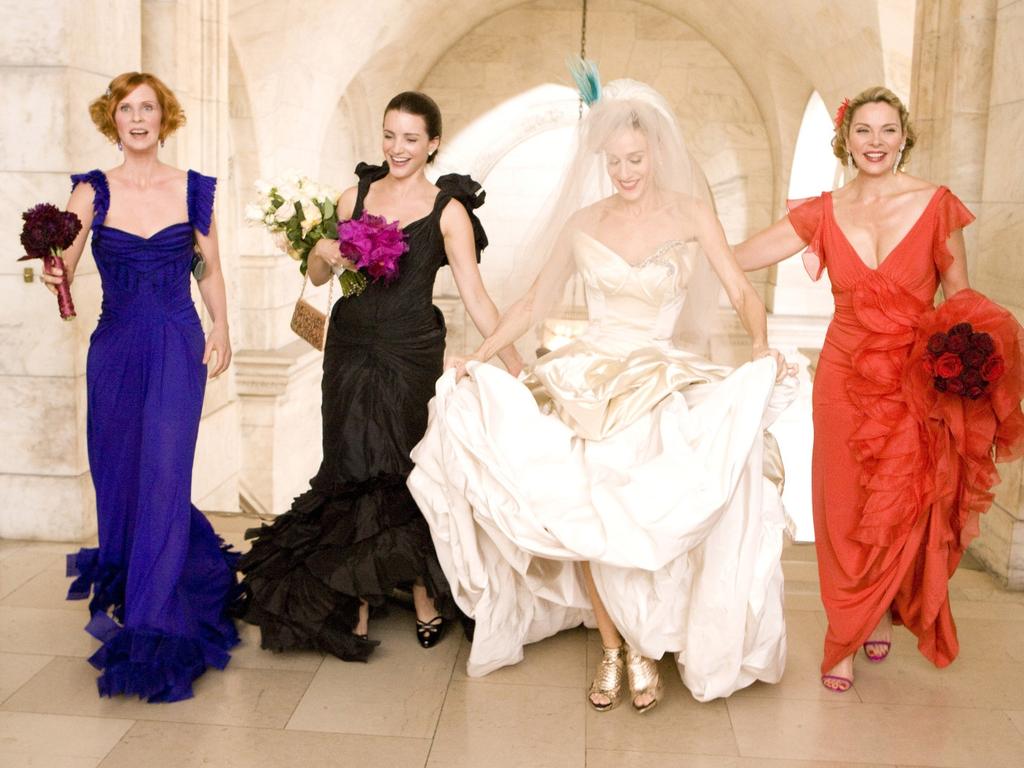




To join the conversation, please log in. Don't have an account? Register
Join the conversation, you are commenting as Logout